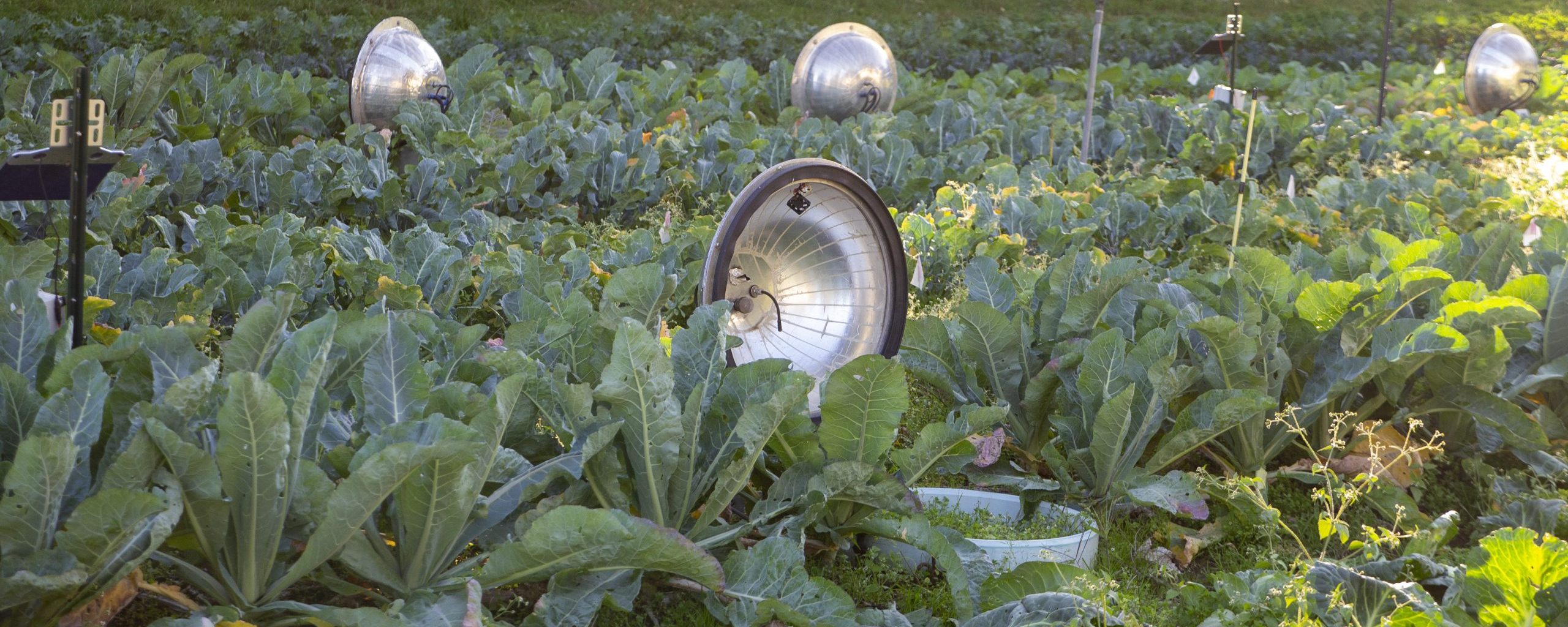Unlocking Earth’s Secrets: Delving Deep into Soil Science
The program is committed to fostering equity, diversity, and inclusion in advancing the stewardship and sustainability of land, water, and food systems. It provides students with a comprehensive understanding of soil science principles, theories, and methodologies, alongside practical skills for research, analysis, and application in diverse fields such as agriculture, environmental science, land management, and ecosystem restoration. Offered in collaboration with the Faculty of Forestry, our MSc and PhD programs aim to cultivate a supportive and inclusive learning environment that challenges and inspires discovery, encouraging innovative perspectives and opening doors to transformative understandings.
PhD: Soil Science – Doctor of Philosophy – Postgraduate / Graduate Degree Program – UBC Grad School
MSc: Soil Science – Master of Science – Postgraduate / Graduate Degree Program – UBC Grad School
What you need to know
Our Soil Science Program fosters an inclusive and supportive environment that values individuals from diverse backgrounds, experiences, and perspectives. By integrating equity, diversity, and inclusion (EDI) principles, the program enhances learning outcomes, promotes innovation, and equips students to tackle the complex challenges impacting soils and ecosystems in a rapidly changing world.
The program combines traditional lectures with hands-on experiences such as laboratory work, fieldwork, research projects, and seminars. These opportunities develop students’ scientific skills, critical thinking, and practical approaches to real-world issues.
Collaboration across UBC faculties, government ministries, Agriculture and Agri-Food Canada (AAFC), and the Centre for Sustainable Food Systems at the UBC Farm enriches the program. Leveraging the diverse biogeoclimatic zones of British Columbia—including coastal rainforests, old-growth forests, dry interior grasslands, tundra, and the agricultural landscapes of the Fraser Valley—students explore soil-forming factors, processes, and agroecological principles in dynamic and varied environments.
The Soil Science Graduate Program is a collaborative initiative between the Faculty of Land and Food Systems and the Faculty of Forestry, offering advanced study and research opportunities leading to MSc and PhD degrees. Students enroll through the Faculty of Graduate Studies via either the Faculty of Land and Food Systems or the Faculty of Forestry, based on their specific research interests. Areas of study include soil physics, soil chemistry, soil biology, biometeorology, soil-plant interactions, soil genesis, soil, water, and nutrient management, soil and agroecology, pedology, and biogeochemistry.
Applicants to UBC graduate programs should have academic backgrounds within the minimum academic requirements listed by the Faculty of Graduate and Postdoctoral Studies.
MSc
The MSc program requirements are as follows:
- minimum of 18 credits of coursework including the Graduate Seminar SOIL 500 (3 credits)
- 12 credits of thesis research
With a 12-credit thesis, students can include a maximum of 6 credits of senior undergraduate courses.
Additional coursework may be recommended upon consultation with the student’s supervisory committee.
PhD
The PhD program requirements are as follows:
- Appropriate coursework will be selected in consultation with the candidate’s committee.
- All candidates are required to take a comprehensive examination.
- The major requirement for the PhD is completion of a research thesis demonstrating the ability to conduct significant and original scientific research.
Faculty Members
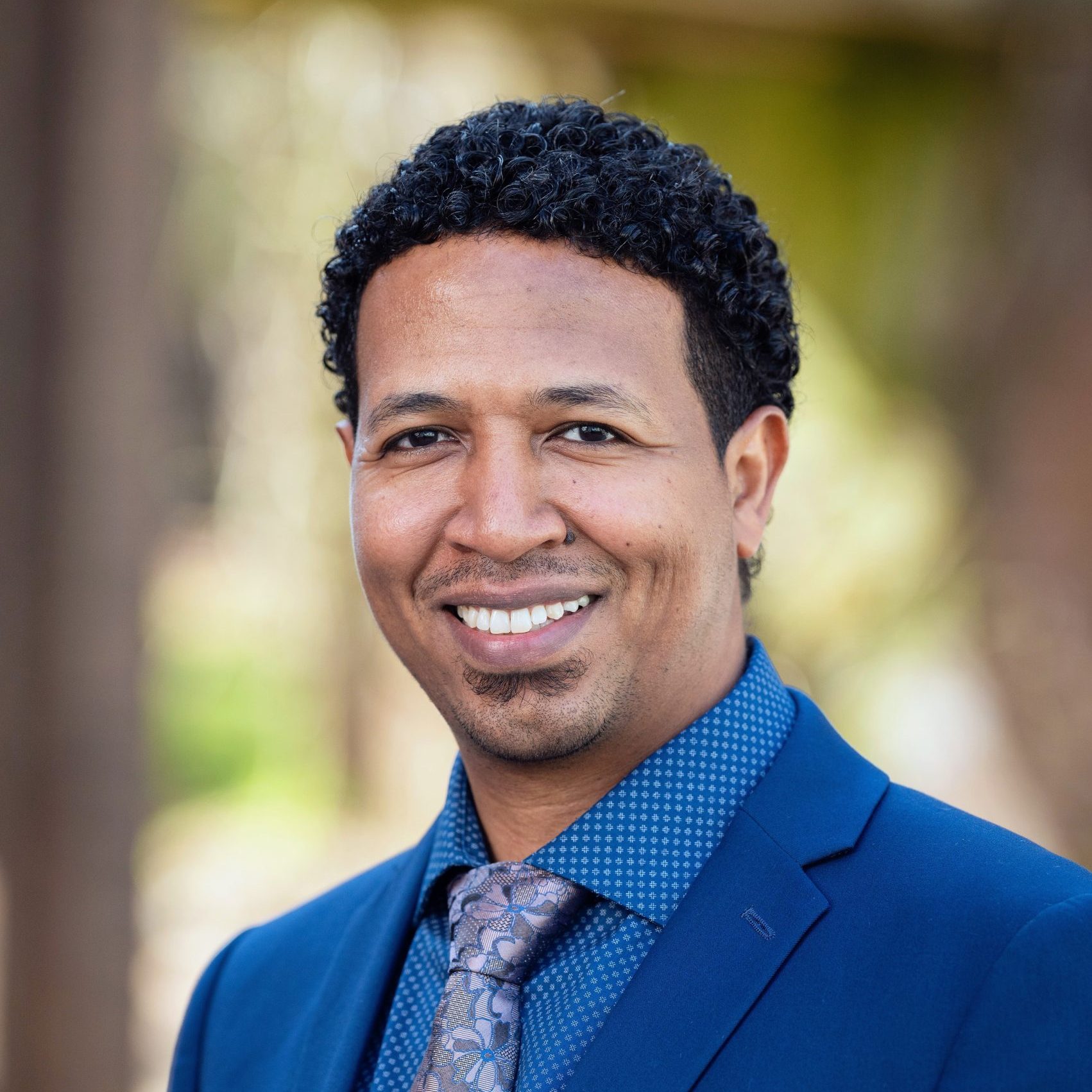
Zelalem Taye
Assistant Professor,
Applied Biology, Soil and Plant Science (appointed jointly with UBC Forestry)
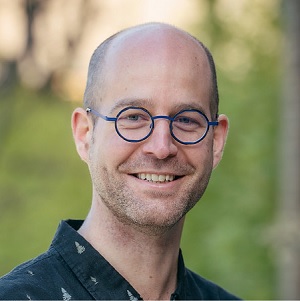
Jean-Thomas Cornelis
Associate Professor, Applied Biology (Soil Science)
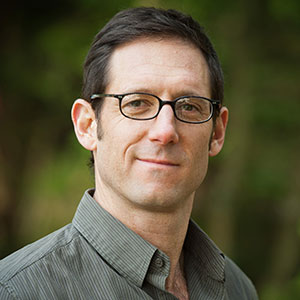
Sean Smukler
Associate Professor, Applied Biology & Soil Science and Director of the Centre for Sustainable Food Systems at UBC Farm
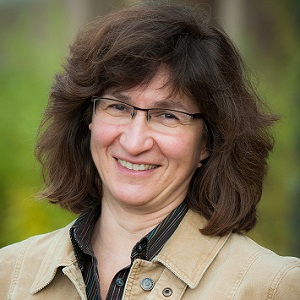
Maja Krzic
Professor, Applied Biology/Forest and Conservation Sciences (appointed jointly with UBC Forestry)
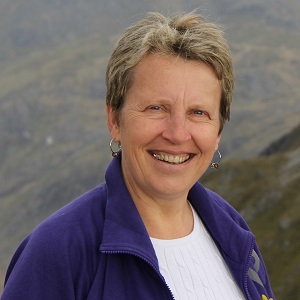
Sue Grayston
Professor, Applied Biology (joint appointment with Forestry)
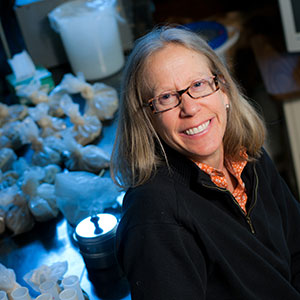
Sandra Brown
Associate Professor of Teaching, Applied Biology
Associate Dean, Academic
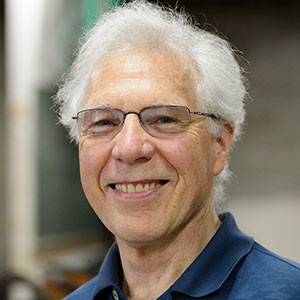
Andrew Black
Professor, Applied Biology
Collaborations
The program is enriched through collaboration with colleagues in other graduate programs at UBC such as Forestry, Geography, Plant Science, Institute for Resources and Environment, School of Architecture + Landscape Architecture, and in agencies such as Environment Canada, Canadian Forest Service, Agriculture and Agri-Food Canada, Forest Innovation Investment, and various other provincial government agencies and private consulting companies.
Adjunct Professors:
- Luke Bainard, Agriculture and Agri-Food Canada, Agassiz. Soil ecology. luke.bainard@AGR.GC.CA
- Shannon Berch, BC Ministry of Environment, Victoria. Soil mycorrhizae. Shannon.Berch@gov.bc.ca
- Shabtai Bittman, Agriculture and Agri-Food Canada, Agassiz. Soil quality. Shabtai.Bittman@AGR.GC.CA
- Louis-Pierre Comeau, Agriculture and Agri-Food Canada, Fredericton, New Brunswick. Landscape and soil carbon. louis-pierre.comeau@AGR.GC.CA
- Tim Philippot
- Jean Aime Messiga, Agriculture and Agri-Food Canada, Agassiz. Nutrients and soil management. aime.messiga@AGR.GC.CA
- Paul Mitchell-Banks, Central Coast Consulting, Port Moody, BC. Resource planning, aboriginal economic development, environmental assessment. p.mitchellbanks@amec.com
- Brian Wallace, BC Ministry of Forests, Lands and Natural Resource Operations, Kamloops. Forest soil. brian.wallace@gov.bc.ca
Research Associates / Lecturers:
- Lewis Fausak (Lecturer). Soil science, watershed science, soil health. lewis.fausak@ubc.ca
- Delisa Lewis (Research Associate/Lecturer). Sustainable agriculture and food systems, Key indicators of agricultural sustainability, soil health, farmer decision making. Delisa.lewis@ubc.ca
- Julie Wilson (Lecturer), Master of Land and Water Systems, UBC. Watershed assessment and management, land-water interactions, environmental science. julie.wilson@ubc.ca
- Akshit Puri (Lecturer)
Recent Thesis Research Topics
- agriculture and ecosystem services
- application of information technology in soil science education
- soil genesis and soil-plant feedback
- bioavailability assessment of trace-metal contaminants in urban soils
- biological nitrogen fixation
- carbon and energy budgets of pre- to post-harvest forests
- effects of weathering on the surface properties of minerals
- energy, water and carbon budgets of agricultural and forest ecosystems
- land-use impacts on soil quality of rangelands and forests
- organic matter and nitrogen dynamics in reclaimed soils
- phosphorus transformations in soils
- plant-mycorrhiza-soil interactions and forest resilience to climate change
- rhizosphere microbiology in agricultural and forest soils
- soil microbial diversity and function in forest sites
- understanding ecosystems as complex adaptive systems
Got Questions?
Whether you’ve got questions about your program, your experience or your next steps, Graduate Student Services is here to help. Get in touch.
Where Can a Graduate Degree in Soil Science Take You?
The Soil Science Program is a collective of collaborating academics, students and professionals whose research and teaching address the fundamental principles in soil sciences required for food production, forest products and maintaining the integrity of ecological systems for sustaining the resource base. The focus is on the physical and biological environment and the integrated relationship between land and water systems. An emphasis is placed on improving professional and technical communications to stakeholders in these areas.
Upon completion of UBC’s Soil Science MSc and PhD degree programs, graduates may pursue various career paths in academia, research, government agencies, consulting firms, non-profit organizations, or industry sectors related to agriculture, environmental science, natural resource management, land use planning, soil conservation, or sustainable development.
Kindly check out the job board on the Pacific Regional Society of Soil Science Website: link.
Here are some organizations and positions our alumni have worked in:
- Agriculture and Agri-Food Canada
- BC Ministry of Forests
- Canadian Forest Service
- Consulting
- Environment Canada
- Associate Professor, University of Guelph
- Associate Professor, Yale University
- Associate Professor, University of Northern BC
- Assistant Professor, University of Bengukulu, Indonesia
- Assistant Professor, University of Venda for Science and Technology, South Africa
Research Updates
JT Cornelis awarded a UBC Killam Accelerator Research Fellowship
Soil scientist Dr. Jean-Thomas Cornelis has received a Killam Accelerator Research Fellowship for his work on ecosystem resilience and Indigenous-led land stewardship.
Digging Deep on Resiliency Challenges
Assistant Professor Dr. Jean-Thomas Cornelis spends a lot of time getting his hands dirty. But when your research focuses on understanding the intricate micro-scale soil processes that underpin macrosized ecosystems, grubby fingernails at the end of the day are a standard occupational hazard.
Building a Resilient Food System Starts with the Soil
Sustainable Agricultural Landscapes (SAL) Lab published a paper this summer that measured soil organic carbon in the Fraser Valley from 1984 to 2018, reporting that 61% of the farms, soil organic carbon was in decline. Results proposes the next step of the research, which is to evaluate which specific methods are contributing this decline, and working with farmers to find solutions.
